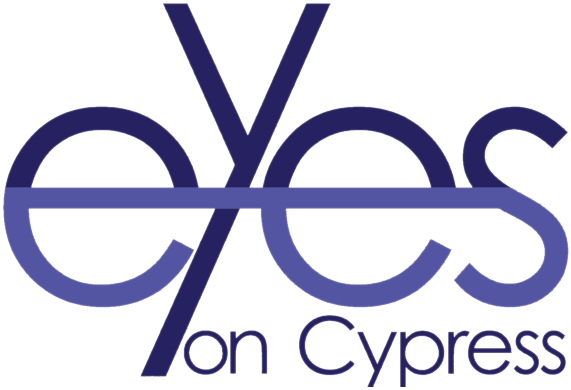
As children grow and develop, clear vision plays a critical role in their ability to learn, read, and interact with the world around them. While routine eye exams can detect common issues like nearsightedness or farsightedness, they don’t always uncover how well a child’s eyes work together or how efficiently their brain processes visual information. Vision therapy is a specialized program designed to improve functional vision and support overall development.
What Is Vision Therapy?
Vision therapy is a customized program of eye exercises designed to improve visual skills and processing. It’s often compared to physical therapy - but for the eyes and brain. Supervised by our optometrist, this treatment helps children strengthen the connection between their eyes and brain, enhancing their ability to read, focus, track objects, and process visual information efficiently.
Conditions Vision Therapy Can Help Treat in Children
Vision therapy is effective in treating a variety of functional vision problems, including:
Convergence insufficiency (difficulty with eye teaming)
Strabismus (crossed eyes)
Amblyopia (lazy eye)
Eye tracking problems
Visual processing disorders
Poor depth perception
Visual-motor integration issues
Top 10 Signs Your Child Might Benefit from Vision Therapy
Recognizing these signs early can make a significant difference in your child’s academic and social development:
Frequent Headaches or Eye Strain: Complaints of headaches, especially after reading or schoolwork, could indicate visual stress.
Difficulty Reading or Poor Comprehension: Losing place while reading, skipping lines, or trouble understanding what they just read may be signs of visual tracking issues.
Avoiding Near Work: Children who avoid coloring, puzzles, reading, or homework may be compensating for visual discomfort.
Short Attention Span for Visual Tasks: Difficulty staying focused on activities like reading or writing can stem from visual inefficiencies.
Poor Hand-Eye Coordination: Struggles with catching a ball, copying from the board, or clumsy movements may be due to visual-motor integration problems.
Covering One Eye or Tilting the Head: These behaviors can be attempts to reduce double vision or compensate for eye misalignment.
Trouble with Spelling or Math: Vision problems can impact how your child processes symbols and numbers.
Rubbing Eyes or Excessive Blinking: Frequent eye rubbing or blinking while concentrating could be signs of visual fatigue.
Behavioral Concerns or Frustration with Schoolwork: If your child seems easily frustrated or has behavioral changes during homework, it could be vision-related.
Slow Reading Speed: A noticeably slower reading pace compared to peers can be due to difficulty coordinating eye movements.
Schedule a Binocular Vision Evaluation at Eyes on Cypress Today
Functional vision problems can go unnoticed during standard vision screenings, but they have a major impact on your child’s academic success and confidence. If you’ve noticed any of the signs above, a binocular vision evaluation can help determine whether your child would benefit from a personalized vision therapy program.
Contact Eyes on Cypress to schedule a binocular vision evaluation and learn how vision therapy can help your child thrive. Visit our office in Cypress, Texas, or call (713) 993-7400 to book an appointment today.




